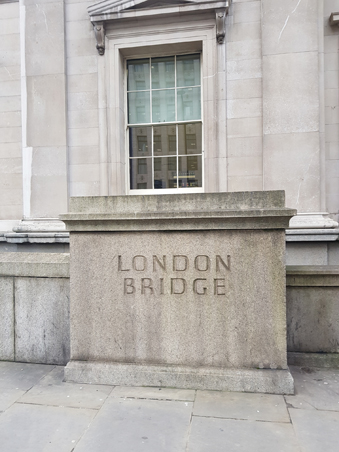The UK Government consultation on its proposed ‘Protect’ Duty closes on July 2. The Home Office has set a trap that the security industry is walking into, and besides has set a trap for itself; writes Mark Rowe.
What industry comment there has been about the Duty, for example at the AGM of the Security Institute, has been welcoming. Briefly, as first featured in the January edition, the Home Office proposes a legal responsibility on sites for security from acts of terror. While the Home Office credits the campaign for a ‘Martyn’s Law’, arising from the Manchester Arena suicide terror bombing of May 2017, what’s proposed has already gone well beyond a duty on concert venues. It would apply to all ‘publicly accessible locations’; cafes, shops, parks, beaches. All details – such as, who if anyone will inspect that sites meet the Duty, will you be punished for not complying, what advice will the police or state give so that you can comply – remain to be seen. The Home Office has trapped itself, by taking up the cause of campaigner Figen Murray, the mother of the Arena victim Martyn Hett; for it is impossible to ever console a bereaved mother.
Deadline phobia
Despite the ‘consultation’ facade, then, the Home Office is set on creating the Duty. Before considering this done deal, consider the merits of the Home Office. It is not an efficient institution. It appears to have a phobia about meeting its own deadlines, let alone working to anyone else’s; such as, signing off on a new Security Industry Authority chief exec, as featured in the June print edition of Professional Security. We can speculate that the SIA might have longer to wait for a new chief, because the Home Office has in mind a new role for the SIA, regulating and inspecting Protect Duty compliance, something not anticipated when the SIA was set up in the mid-2000s to regulate licensed individuals and approved contractors. Although this speculation does assume a degree of thinking ahead that the Home Office does not necessarily possess.
If such a Duty were called for, why not in 2017 (something the Manchester Arena Inquiry chairman Sir John Saunders touched on in his first report, earlier this month)? The Home Office only announced that it proposed to carry out a consultation in February 2020. In a word, Brexit; but meanwhile other terror attacks happened; at Fishmongers’ Hall, and on Streatham High Street in London. And the Manchester Arena public inquiry opened. The timing looks like the Home Office is proposing the Duty not for reasons of good public policy but so that it looks in charge, come the end of the Arena inquiry.
Why it split
Will such a Duty actually do any good – will it save lives? Would it have saved lives at the Arena, or Fishmongers’ Hall? Those two attacks after the Arena, embarrassingly for the government, were each by terrorists already known to the state; in fact, the Fishmongers Hall one could have been halfway through a prison term, but for early release. But no inquiry into the criminal justice system – which, you will recall, was split from the Home Office in the 2000s because the then Labour Home Secretary John Reid admitted the institution was so unfit for purpose. This institution is now proposing to tell security managers how to do their job.
When it’s too late
The problem goes beyond whether Fishmongers’ Hall could or should have had metal detection machines at the door to catch the terrorist’s knife; or whether Boots and other shops on Streatham High Street should have. Or, who – the event security contractor Showsec, or transport or Manchester police – should have taken ownership of the ‘grey space’ outside the Arena. As a consultant said to Professional Security after the 7-7 suicide terrorism, in 2005; once such a terrorist sets off, whether armed with a bomb, or knife or gun, it’s too late. No security can stop the attack; someone will die, whether bystanders or security officers asking the man with a rucksack to open it. Only armed police as at Westminster Bridge and London Bridge in 2017 can end such an attack. Here then is an answer; the Protect Duty will not save a life. If a terrorist shuts the door of his home and sets off to carry out an outrage, at most barriers and bollards, and security staff or stewards, will only displace the attack; to a park, or the street, as has happened since 2017.
Protect Duty view 2 of 3: click here.










